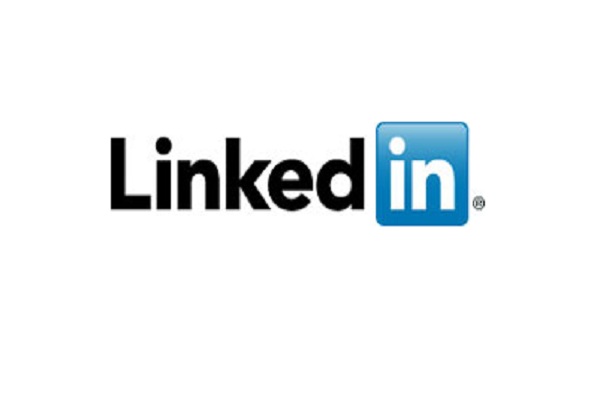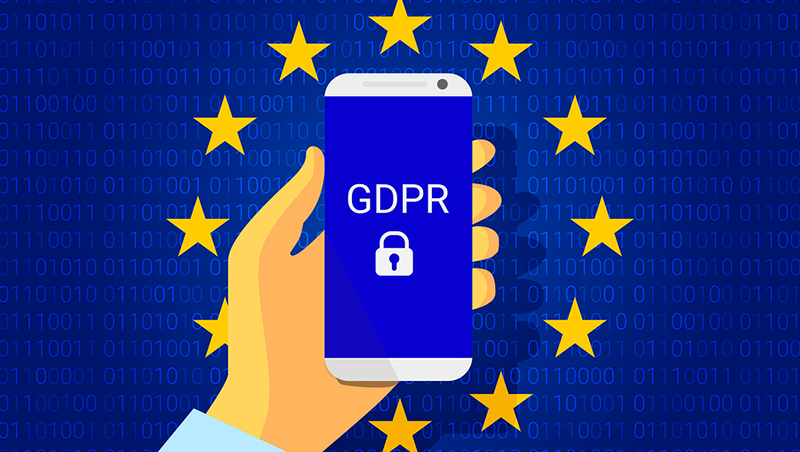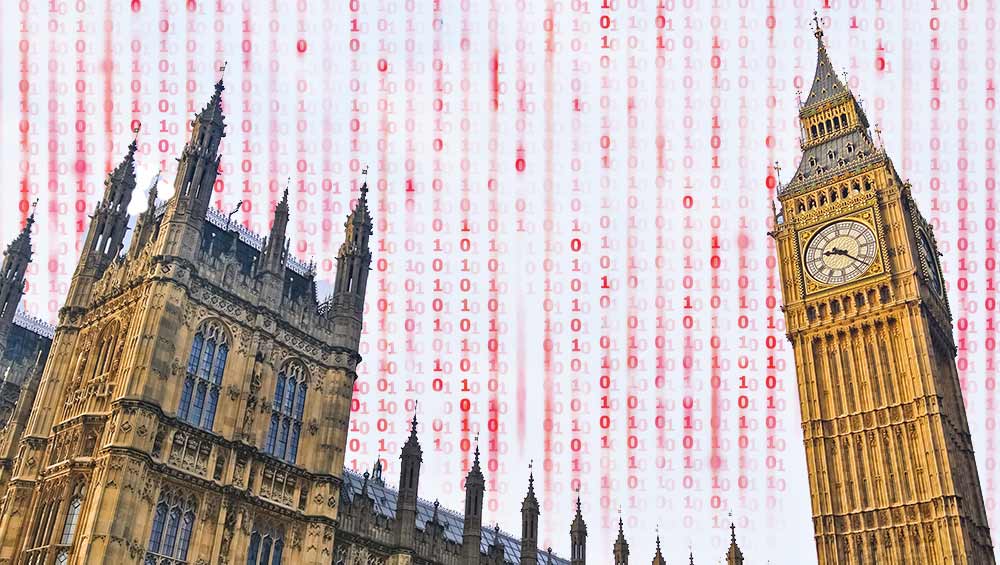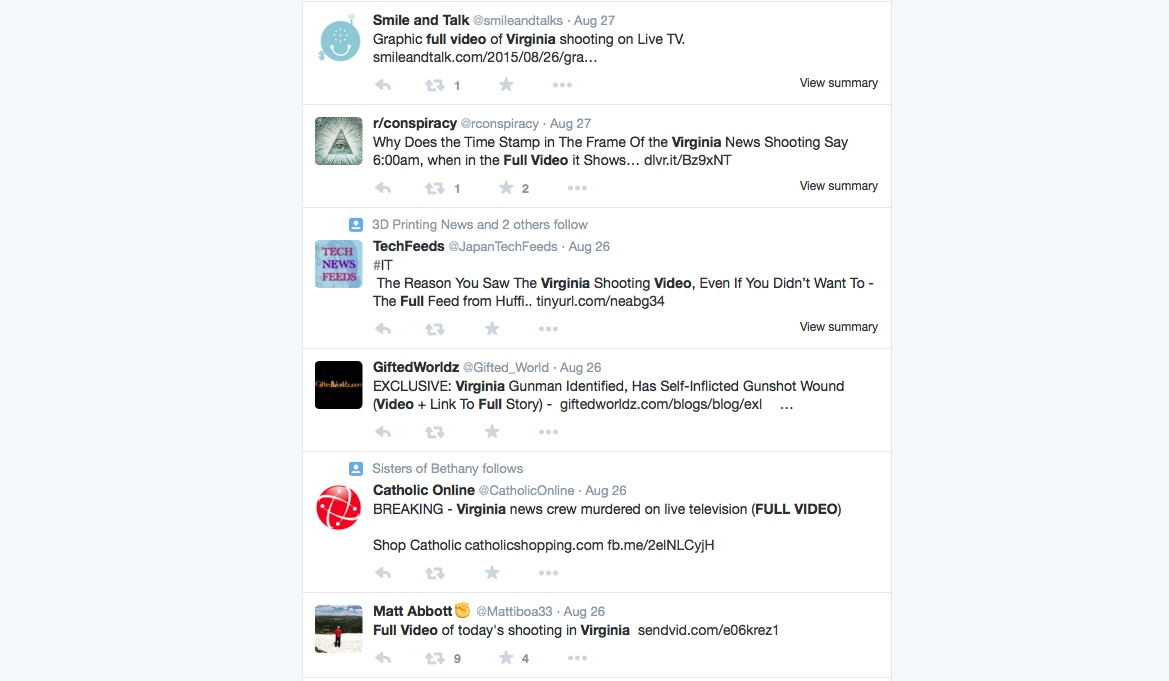LinkedIn password leak "could be" larger than first feared
Lack of "easy and duplicate" passwords on leaked list could mean more than 6.5 million LinkedIn users have been hit by breach, claims Imperva.

Social networking site LinkedIn has confirmed that some of its members' passwords have been leaked online, but has shed no light on how many users may have been affected.
As reported by IT Pro yesterday, it has been claimed that nearly 6.5 million passwords belonging to LinkedIn members had been posted on a Russian web forum.
To put this figure into context, as of 31 March 2012, the social networking site had 161 million users across the globe, including 9 million in the UK.
In a LinkedIn blog post, one of the site's directors, Vicente Silveria, confirmed that some of the compromised passwords belong to LinkedIn members' accounts.
However, he stopped short of saying how many matching passwords were found or where the users they belong to might be located.
He did confirm, though, that affected users should find that their LinkedIn account passwords no longer work, and said they will be emailed details about how to reset them.
"We sincerely apologise for the inconvenience this has caused our members," he wrote. "We take the security of our members very seriously."
Get the ITPro daily newsletter
Sign up today and you will receive a free copy of our Future Focus 2025 report - the leading guidance on AI, cybersecurity and other IT challenges as per 700+ senior executives
Meanwhile, security vendor Imperva claims the LinkedIn breach could be far bigger than initially thought, as the leaked list does not feature "easy" passwords.
"The files do not contain easy to crack passwords such as 123456' that are traditionally the most common choice of passwords," said the firm in a statement.
"Most likely, the hacker has figured out the easy passwords and needs help with less common ones...[meaning] many of the passwords haven't been revealed."
The company has pointed out that each password is "typically" listed only once, which also suggests the breach might exceed initial estimates.
"In other words, the list doesn't reveal how many times a password was used by the consumers. This means that a single entry in this list can be used by more than one person," it said.
"For reference, in the RockYou hack, the 5,000 most popular passwords were used by a share of 20% of the users. We believe that to be the case here as well, another indicator that the breach size exceeds 6.5 million."
-
 Cleo attack victim list grows as Hertz confirms customer data stolen
Cleo attack victim list grows as Hertz confirms customer data stolenNews Hertz has confirmed it suffered a data breach as a result of the Cleo zero-day vulnerability in late 2024, with the car rental giant warning that customer data was stolen.
By Ross Kelly
-
 Lateral moves in tech: Why leaders should support employee mobility
Lateral moves in tech: Why leaders should support employee mobilityIn-depth Encouraging staff to switch roles can have long-term benefits for skills in the tech sector
By Keri Allan
-
 What is your digital footprint?
What is your digital footprint?In-depth Your digital footprint is always growing – so we explore how you can keep it under control
By Maggie Holland
-
 Nine top GDPR tips for email marketing strategies
Nine top GDPR tips for email marketing strategiesIn-depth It's not all doom and gloom – here's how you can make GDPR work for you
By Zach Cooper
-
 Why GDPR creates a "vicious circle" for marketers
Why GDPR creates a "vicious circle" for marketersNews Customers will control the forthcoming trust economy, predicts Aprimo
By Rene Millman
-
 Facebook will allow adverts to target users based on beliefs
Facebook will allow adverts to target users based on beliefsNews The company will also give users opt-ins to use facial recognition to prevent impersonation
By Rabbil Sikdar
-
 Tim Berners-Lee: How we can win back the web
Tim Berners-Lee: How we can win back the webNews The public must reject misinformation and keep control of their own data
By Clare Hopping
-
 Social network users play fast and loose with data privacy
Social network users play fast and loose with data privacyNews Over-sharing puts users at risk of identity theft and fraud
By Jane McCallion
-
 UK government Facebook data requests grow 71%
UK government Facebook data requests grow 71%News Only US and India ask for more user details from the social network
By Adam Shepherd
-
 Virginia shooting - don't open that link!
Virginia shooting - don't open that link!Opinion Scammers and cyber criminals love to capitalise on tragedy, and we can't help but click
By Jane McCallion